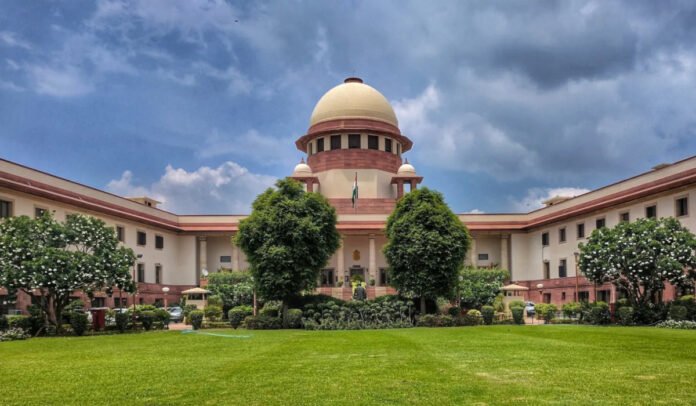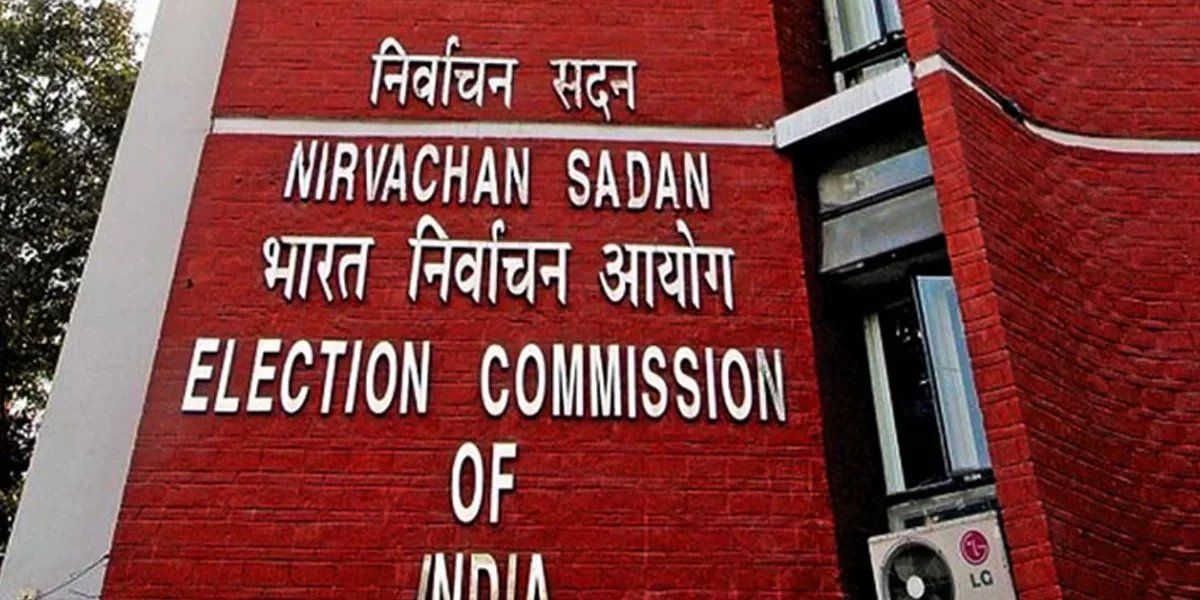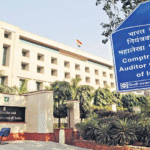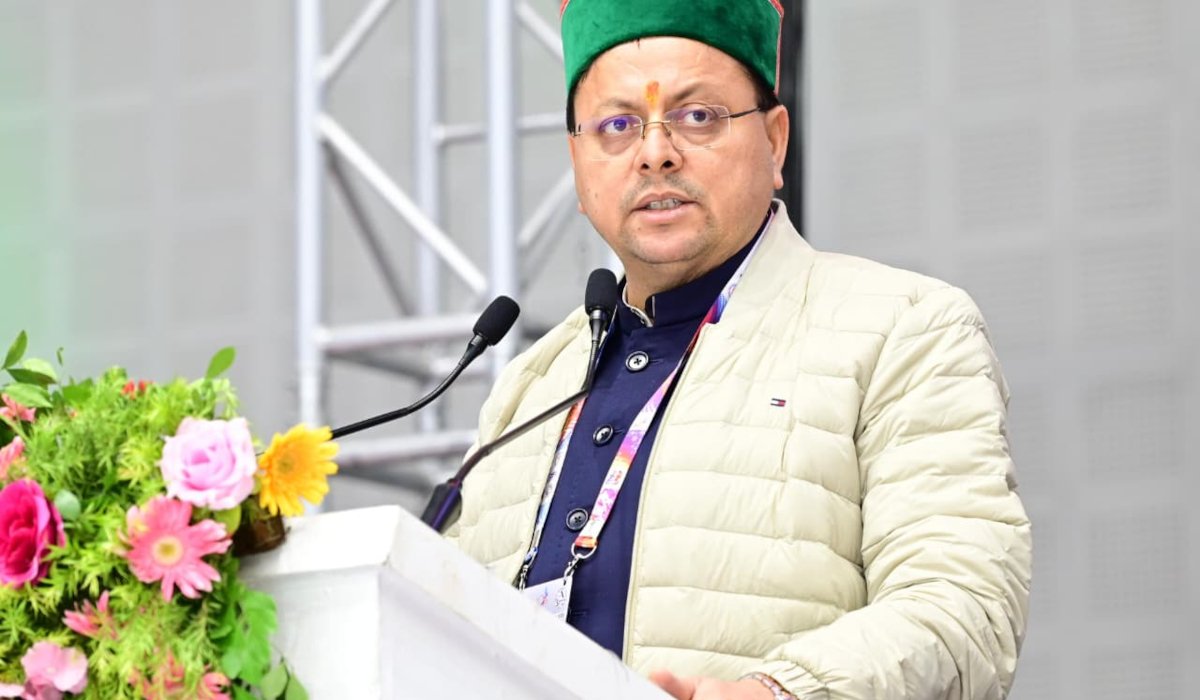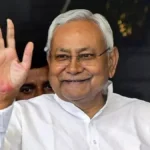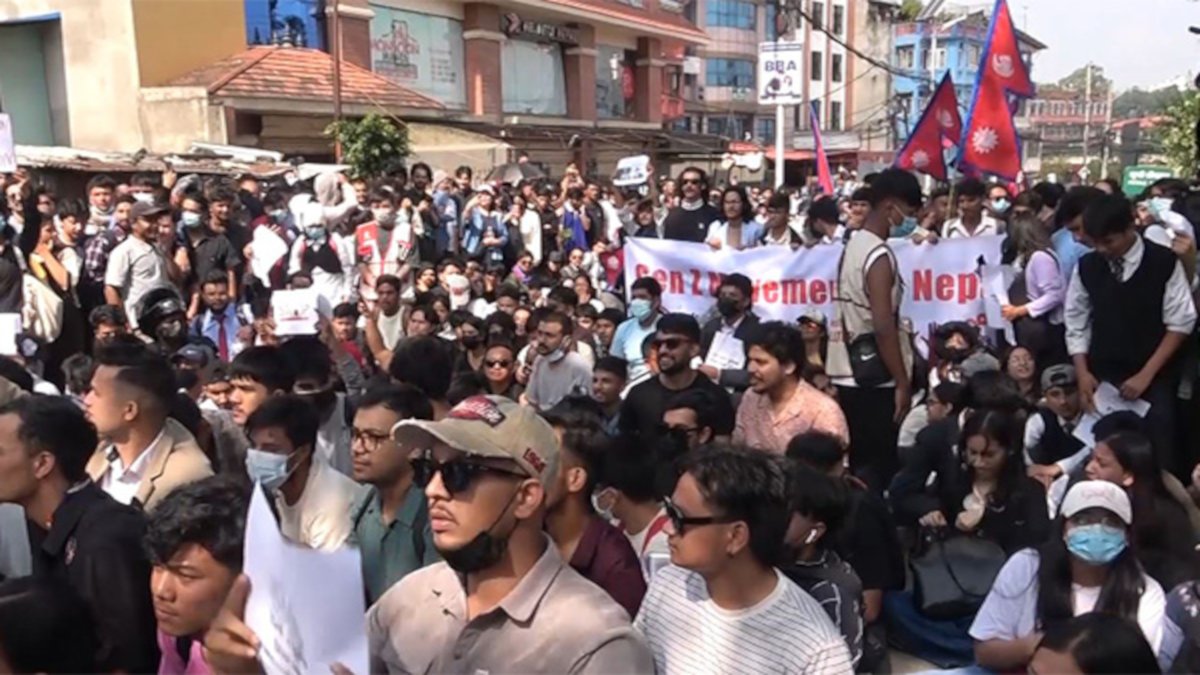The State government has decided to move the Supreme Court by filing a review petition against its recent order making the Teacher Eligibility Test (TET) compulsory for basic teachers up to the age of 55. The decision comes as a relief for nearly 12,000 teachers appointed before 2011 who now face uncertainty about their service conditions.
Our correspondent reports that the cabinet, after detailed deliberations, authorised the education department to prepare and file the plea. Officials emphasised that teachers recruited before TET became a requirement should not be forced to comply with a rule that was introduced only after their appointments. The government hopes the Supreme Court will consider this plea sympathetically on grounds of fairness and natural justice.
The Supreme Court, in a judgment delivered on 1st September 2025, ruled that all basic teachers up to the age of 55 must pass TET within two years. While the directive was meant to improve teaching standards nationwide, it immediately raised concern in Uttarakhand where thousands of teachers had been hired under earlier recruitment rules that did not require TET.
Our correspondent adds that teacher associations have been pressing the government for intervention. Many argued that imposing TET on them retrospectively amounts to changing the rules mid-career. Several delegations met Chief Minister Pushkar Singh Dhami and Education Minister Dhan Singh Rawat to demand that the state take up their cause at the highest judicial level.
In response, the government has opted to seek a review. Senior officials in the education department have already started preparing the legal framework for the petition. The state’s counsel is expected to argue that the order should apply prospectively and not penalise those who were appointed in good faith under older norms.
Our correspondent reports that while review petitions in the Supreme Court rarely succeed, the State is determined to make its case. Officials say they will stress the unique circumstances of Uttarakhand where teacher recruitment before 2011 followed procedures that did not foresee a TET mandate. The plea will also highlight the social and economic hardship faced by teachers, many of whom are nearing retirement.
Our correspondent adds that if the court accepts the plea, the affected 12,000 teachers could be exempted from TET altogether or given an alternative pathway such as in-service training or an extended grace period. However, if the review is dismissed, the teachers will be obliged to qualify TET within the stipulated two years, failing which their jobs may be at risk.
The announcement has brought cautious relief to the teaching community. Representatives of teacher unions said the government’s step has restored some confidence, though uncertainty will remain until the court rules on the matter. Many teachers said they had been under severe stress since the order, fearing job loss at a stage when alternative employment is nearly impossible.
Political observers note that the government’s decision is also a reflection of the sensitivity of employment and education issues in the state. With thousands of families dependent on these jobs, the ruling could have wider social and political repercussions. By supporting the teachers, the government signals its commitment to their welfare even as it balances judicial directives.
As the petition is readied for submission, all eyes will now be on how the Supreme Court responds. The outcome will not only determine the fate of thousands of teachers in Uttarakhand but could also set a precedent for other states facing similar situations.


